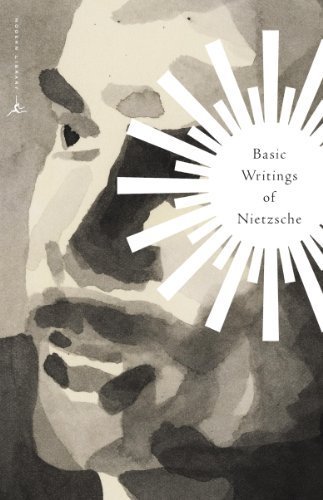What do you think?
Rate this book


Paperback
First published January 1, 1967
And thinking itself they [most thinkers and scholars] consider something slow and hesitant, almost as toil, and often enough as "worthy of the sweat of the noble" - but not in the least as something light, divine, closely related to dancing and high spirits. "Thinking" and taking a matter "seriously," considering it "grave" - for them all this belongs together: that is the only way they have "experienced" it.